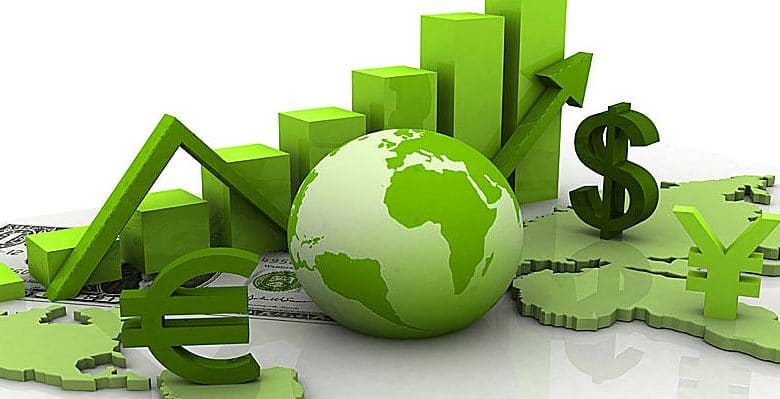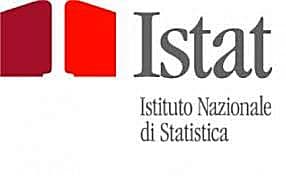
In April 2019, economic growth is estimated for both foreign trade flows, more intense for imports (+0.9%) than for exports (+0.3%). The cyclical increase in exports can be ascribed to the increase in sales both to non-EU markets (+0.4%) and to the EU area (+0.2%).
In the February-April 2019 quarter, compared to the previous one, there was a modest increase in exports (+0.4%) and a more marked decrease in imports (-1.3%).
 In April 2019, the growth in exports on an annual basis was +5.8% and is determined by the increase in sales recorded both for the non-EU area (+6.7%) and for the EU (+5.2%) . Similarly, imports are on the rise (+6.7%) both from non-EU markets (+7.4%) and from the EU area (+6.1%).
In April 2019, the growth in exports on an annual basis was +5.8% and is determined by the increase in sales recorded both for the non-EU area (+6.7%) and for the EU (+5.2%) . Similarly, imports are on the rise (+6.7%) both from non-EU markets (+7.4%) and from the EU area (+6.1%).
Among the sectors that contribute positively to trend change in exports in April 2019, of note are pharmaceutical, chemical-medicinal and botanical items (+39.1%), food products, beverages and tobacco (+13.3%) and machinery and appliances nec (+4.8%). Motor vehicles (-10.2%) and refined petroleum products (-12.5%) decreased on an annual basis.
On an annual basis, the countries that contribute most to the increase in exports are Switzerland (+24.8%), the United States (+6.1%), France (+3.9%) and Germany (+3.0%) while a decrease in sales to Turkey (-15.5%) and OPEC countries (-5.1%).
In the first four months of 2019, the year-on-year increase in exports (+2.9%) was mainly driven by sales of textiles and clothing, leather and accessories (+7.2%), base metals and products metal, excluding machinery and equipment (+4.4%), food, beverage and tobacco products (+8.0%) and pharmaceutical, chemical-medicinal and botanical items (+20.5%).
It is estimated that the trade surplus will decrease by 101 million euros (from +2,985 million in April 2018 to +2,885 million in April 2019). In the first four months of the year the trade surplus reaches +11,027 million (+24,718 million net of energy products).
In April 2019, a slight cyclical growth in import prices is estimated (+0.5%); on an annual basis, the increase is equal to 1.2%.





